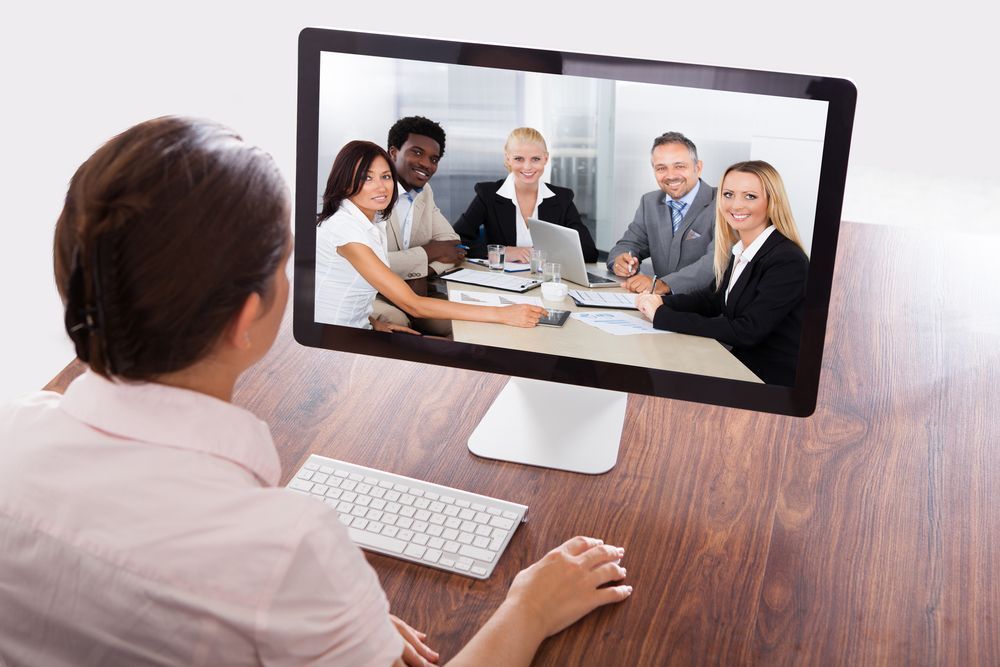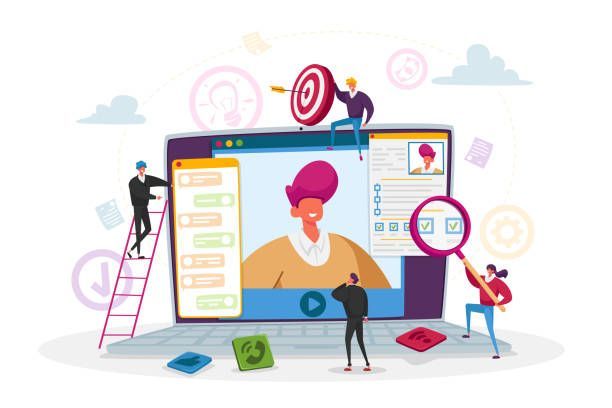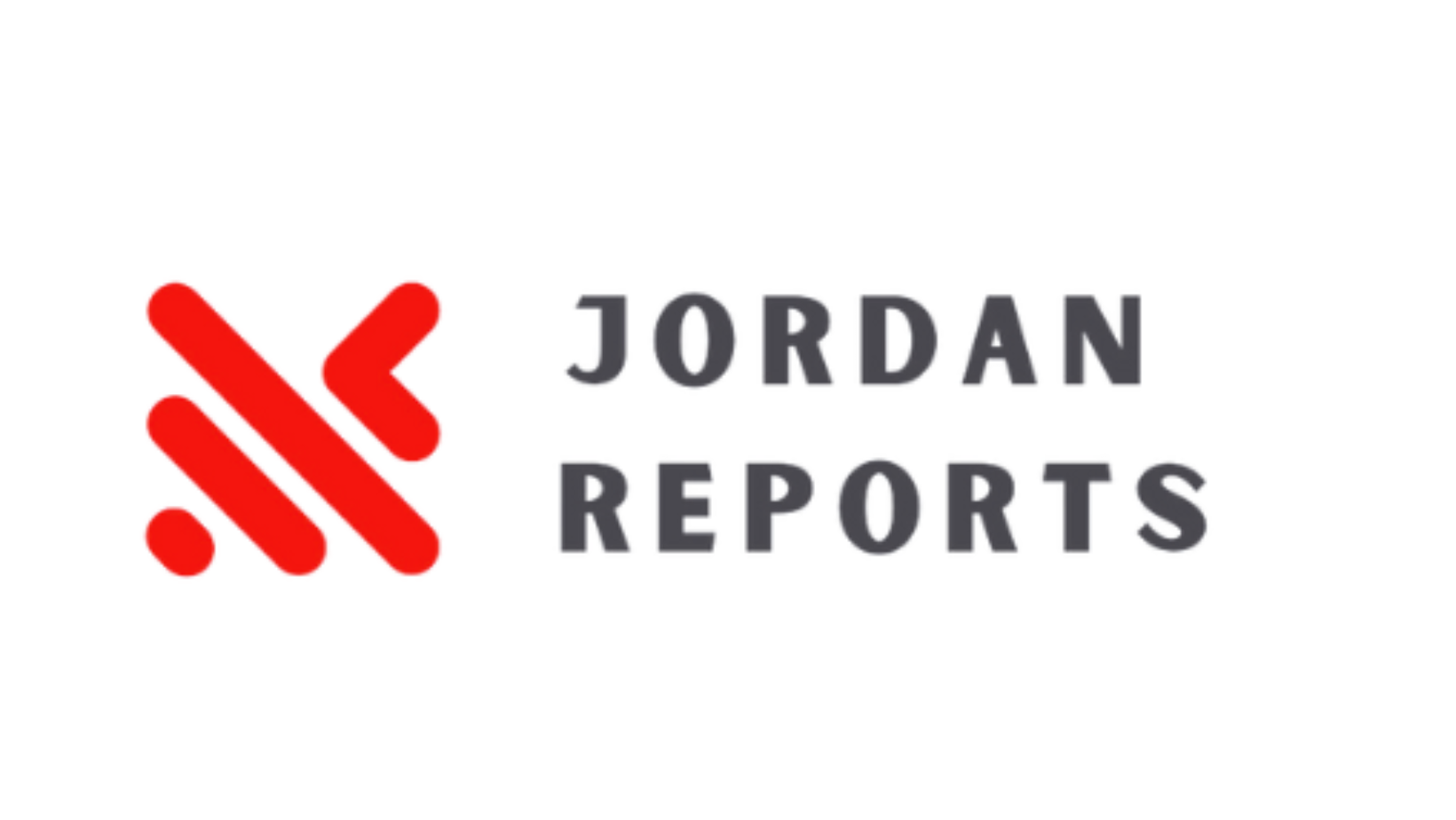Job interviews...
Is it different after Corona?

Preparing for job interviews has always been one of the decisive factors or, let’s say, the pivotal factor in getting the job you seek, and with the recent changes in the foundations of work imposed by the Corona pandemic, which changed the concept and methods of job interviews, it has become necessary for even companies to use unconventional methods in communicating with various types of employees, including Job candidates.
Preparing well for the interview will help you feel confident in yourself and your ability to deal with the situation, so that you will be more prepared to express yourself and your skills and highlight your qualifications and experiences in an organized and effective manner.
There are several types of job interviews that can be conducted depending on the job context and company policies. Some of these types can be overlapping or conducted in multiple stages.
Common types of interviews:
- Traditional personal interview: This type is considered the most common and is conducted in a specific place such as the company office or place of employment. It includes direct interaction between the job applicant and his interviewer, and includes questions about the CV, experiences, and skills. Telephone interview: This type of interview is conducted via a phone call. It is often used as an initial step to filter candidates before an in-person interview. Video interview: This interview takes place via online video platforms such as Skype or Zoom. This type can be similar to a personal interview in terms of questions and interactions, and the frequency of its use has increased over the past three years with the spread of the Corona pandemic and the subsequent social distancing imposed by the circumstances of the committee interview: Several interviewers from different departments or levels in the company meet to interview the applicant. This allows the company to evaluate the candidate from a variety of angles. Practical Test Interview: This interview involves taking a practical or technical test to evaluate the candidate's skills in a specific area, such as solving software problems or performing technical tests. Behavioral Inquiry Interview: This interview focuses on the candidate's past experience His behaviors and personal skills. Questions based on previous scenarios are asked to assess how you handled specific situations.
- Personality Test Interview: A personality test interview can include an assessment of the candidate's personality and personal qualities, such as discipline and personal disposition.

The difference between a personal interview and an online interview:
The difference between a personal interview and an online interview lies in the means used for communication and the circumstances surrounding each type. Here are some of the main differences between them:
- Method and environment: Personal interview: It takes place face-to-face between the applicant and the interviewer in a specific place, and this allows direct interaction and seeing facial expressions and body language. Online interview: It takes place through online means of communication such as video-calls or voice chat, and this can be From two geographically different places. Geographical presence: Personal interview: The applicant and interviewer must be present in the same geographical place, and this may require travel. Online interview: The applicant and interviewer can communicate from different locations without the need to move. Visual and audio interaction: Personal interview: Both parties can Seeing facial expressions, movements, and non-verbal language clearly. Online interview: Interviewers can see each other and hear voices, but there may be a slight delay in the sound or image. Preparation and surrounding conditions: Personal interview: Both the applicant and the interviewer need to prepare for the interview in terms of clothing. And the general appearance and preparation for moving to the place. Online interview: Each party needs to prepare a computer, connect to the Internet, and provide a calm and appropriate environment. Guidance and monitoring: Personal interview: The interviewer can better control the context and conduct of the interview. Online interview: There may be challenges In guidance and monitoring sometimes due to technical limitations.
In general, each type of interview has its advantages and challenges, and choosing the appropriate type depends on the circumstances, preferences, and needs of both parties.
Prepare for the interview online
Preparing for an online interview can be similar to preparing for an in-person interview, but there are some additional aspects to consider due to the digital environment to ensure a smooth and professional experience. Here are steps to prepare for your online interview:
- Choosing the right tools:
Make sure you have a computer or smartphone that has a good camera and microphone to ensure good audio and video quality during the interview.
- Internet connection:
Make sure your internet connection is stable to avoid unwanted interruptions during the interview.
- Choosing the right place:
Choose a quiet place free of noise and distraction. Avoid crowded places or places where there may be confusion during the interview.
- Choose good lighting:
Avoid dark backgrounds or excessive light and use good lighting that clearly highlights your face.
- Choose appropriate clothes:
Dress appropriately to express your professionalism and interest in the interview, even if the interview is on camera.
- Technical test:
Test your camera and microphone before the interview to make sure they are working well. Make sure you have the necessary software or applications to conduct the interview.
- Check timings and link:
Confirm the interview date and the link to be used to join the online interview. This may be an important detail.
- Prepare for potential questions:
Count on preparing for common questions that may be asked during the interview. Be prepared to explain your experiences and skills and how they apply to the job in question.
- Preparing documents:
Prepare a copy of your CV and any other documents that may be relevant to the interview. You may need to share them during the interview.
- Personal Appearance Check:
Ensure that you appear regularly, are courteous, and appear respectful and professional.
- Virtual interview experience:
If you're unfamiliar with online interviews, you might try a mock interview with a friend or family member to make sure everything works well.
- Prepare your questions:
Be prepared to ask questions you want to know the answers to about the company or job. This shows your interest and willingness.
Your psychological preparation for the interview is the secret to your success in crossing the most important stage of employment, and it will result in determining your professional and employment future. The above steps are only auxiliary steps that may help you arrange and organize your ideas to come out in the best possible way.





